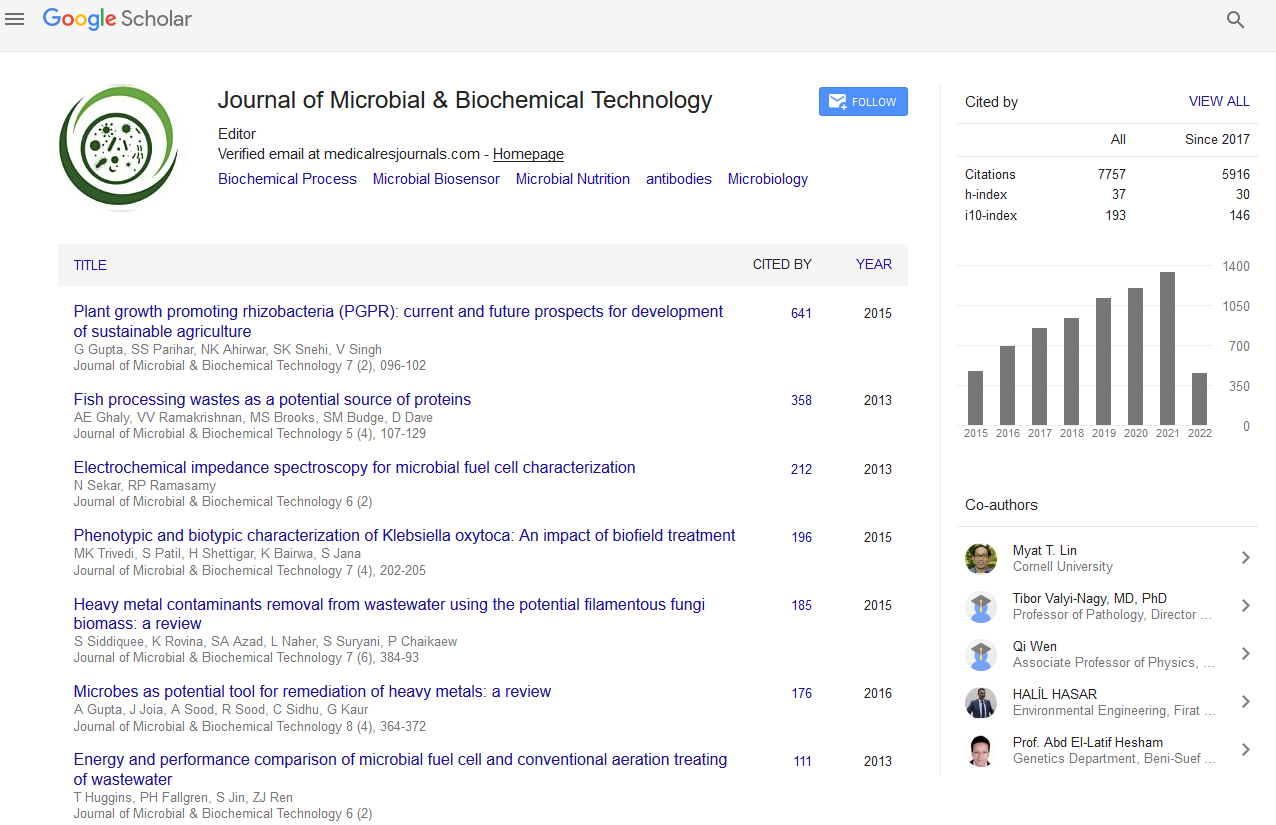PMC/PubMed Indexed Articles
Indexed In
- Academic Journals Database
- Genamics JournalSeek
- Academic Keys
- JournalTOCs
- China National Knowledge Infrastructure (CNKI)
- Scimago
- Access to Global Online Research in Agriculture (AGORA)
- Electronic Journals Library
- RefSeek
- Directory of Research Journal Indexing (DRJI)
- Hamdard University
- EBSCO A-Z
- OCLC- WorldCat
- SWB online catalog
- Virtual Library of Biology (vifabio)
- Publons
- MIAR
- University Grants Commission
- Geneva Foundation for Medical Education and Research
- Euro Pub
- Google Scholar
Useful Links
Share This Page
Journal Flyer

Open Access Journals
- Agri and Aquaculture
- Biochemistry
- Bioinformatics & Systems Biology
- Business & Management
- Chemistry
- Clinical Sciences
- Engineering
- Food & Nutrition
- General Science
- Genetics & Molecular Biology
- Immunology & Microbiology
- Medical Sciences
- Neuroscience & Psychology
- Nursing & Health Care
- Pharmaceutical Sciences
Abstract
Growth Assessment of Marine-Derived Fungi in the Presence of Esfenvalerate and its Main Metabolites
Willian G Birolli, Natália Alvarenga, Bruna Vacondio, Mirna H R Seleghim and André L M Porto
The growth and biodegradation potential of marine-derived fungi were evaluated by measuring the radial growth of colonies. It was observed that Penicillium raistrickii CBMAI 931, Aspergillus sydowii CBMAI 935, Cladosporium sp. CBMAI 1237, Microsphaeropsis sp. Dr(A)6, Acremonium sp. Dr(F)1, Westerdykella sp. Dr(M2)4 and Cladosporium sp. Dr(M2)2 were able to grow and develop in the presence of the pyrethroid insecticide esfenvalerate (S,Sfenvalerate) and its main metabolites (3-phenoxybenzaldehyde, 3-phenoxybenzoic acid, 3-phenoxybenzyl alcohol and 2-(4-chlorophenyl)-3-methylbutyric acid), showing the possibility of esfenvalerate biodegradation by these strains. The presence of technical grade esfenvalerate and its metabolites caused growth inhibition, while fungal development was not affected by the presence of the commercial insecticide SUMIDAN 150 SC in the culture medium. This fact might show that the biodegradation of the esfenvalerate in the commercial insecticide is slower than that of the technical grade active ingredient, since slower biodegradation of esfenvalerate would reduce the concentration of phenolic compounds and thus the growth inhibition. Future studies will focus on the quantitative biodegradation analysis of technical grade esfenvalerate and active ingredient in the commercial insecticide.


